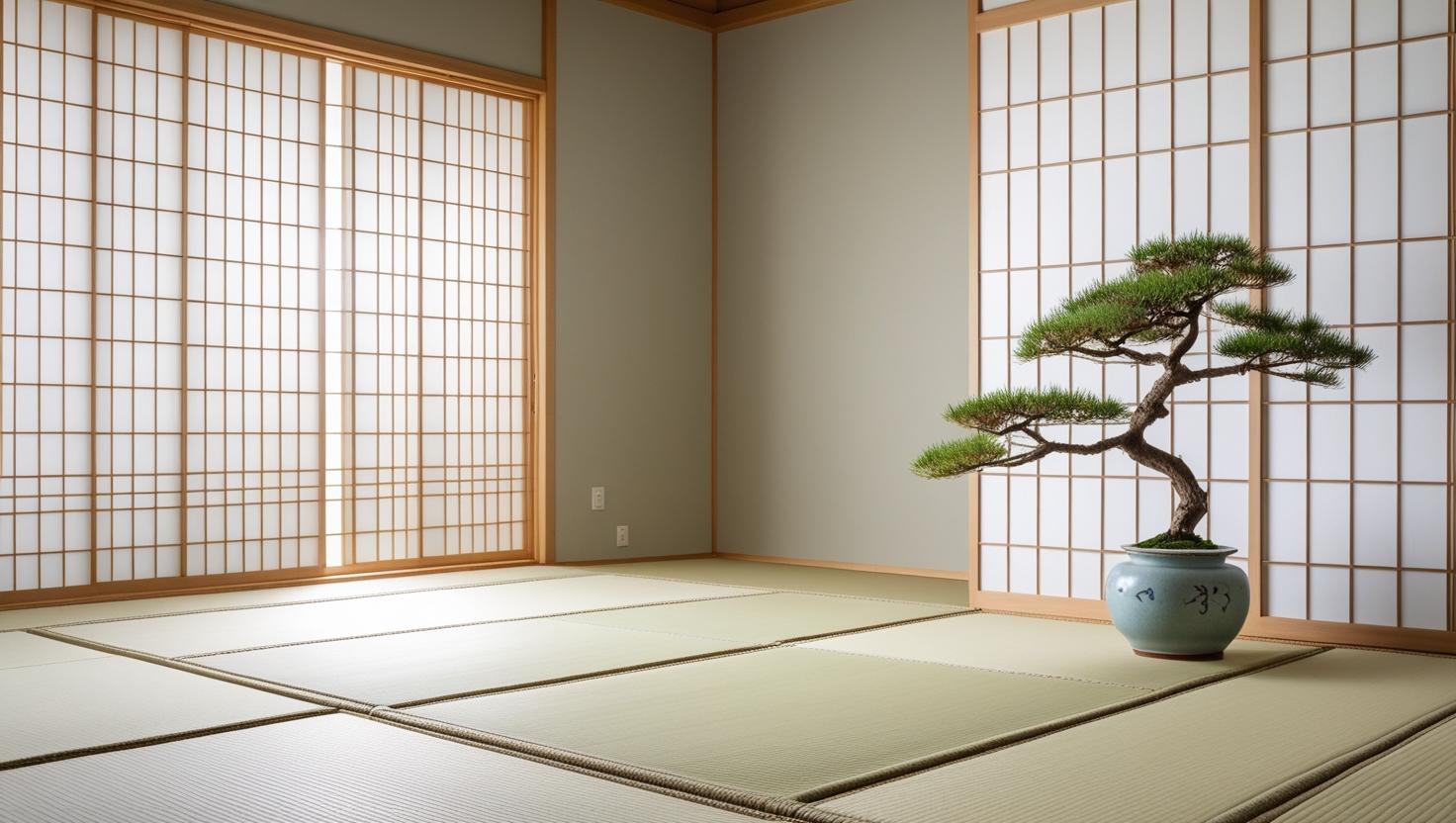One concept that continues to gain traction is the habit loop—a model that frames behavior change through cue, routine, and reward. It’s a cornerstone of behavior psychology and remains at the heart of any sustainable transformation. When paired with strategies like habit stacking, which ties new behaviors to existing ones, individuals find it easier to implement change without overwhelming themselves.
Instead of grand, vague resolutions, people are opting for concrete systems. Layering a five-minute journal entry after brushing teeth or adding a gratitude check-in before bed are examples of how simplicity drives consistency. These micro-shifts, practiced daily, compound into meaningful long-term results.
Another key trend is visualization. More people are engaging in vision board creation and goal mapping—not just at the beginning of the year, but as a continuous practice. Digital tools now allow for sleek, interactive boards that sync with apps, calendars, and tracking dashboards. This visual reinforcement strengthens clarity and keeps goals front-of-mind.
Whether pursuing professional growth, healthier habits, or personal breakthroughs, many are discovering that a focused, visual framework keeps motivation alive. Instead of scattered thoughts, they’re turning aspirations into blueprints—and that’s a powerful shift.
In parallel, mindfulness has become a core pillar of personal evolution. The practice of being fully present—often through breathing techniques, journaling, or guided meditation—is now seen not just as stress relief, but as a performance enhancer. Athletes, entrepreneurs, students, and creatives alike are integrating mindfulness routines to build focus and emotional resilience.
Interestingly, stress management is no longer just about escape or avoidance. It’s about proactive alignment—understanding one’s triggers and establishing rituals to stay centered. Searches for tools like meditation timers, calm playlists, and focused breathing guides reveal this new wave of mindful control over mental clutter.
There’s also growing curiosity around self-help literature that goes beyond motivational fluff. Readers now seek neuroscience-based insights, habit formation science, and narratives that balance inspiration with application. Authors like James Clear, Mel Robbins, and Dr. Andrew Huberman remain influential, not for selling optimism, but for offering structure and evidence-backed methods.
What’s particularly notable is how this evolution transcends traditional age groups. Gen Z is embracing emotional literacy and digital wellness apps, while older generations are rediscovering routines through minimalist philosophies and cognitive training tools. The thread connecting them is a desire to take control—consciously and constructively.
Across this landscape, one clear theme emerges: clarity breeds confidence. When individuals simplify, structure, and reflect, they move with intention. And in a world of distraction and overstimulation, that’s a powerful edge.
So how can you lean into this shift and apply it in your own life?
- Anchor a new habit to an old one (e.g., meditate after making your bed).
- Create a visual map of one clear goal for the next 90 days.
- Use mindfulness not as a luxury, but as a daily mental hygiene practice.
- Track progress in small, consistent steps—avoid extremes.
- Read content that grounds ideas in science and action.
As 2025 unfolds, we’re witnessing a more practical, authentic approach to growth—less perfectionism, more progress. It’s no longer about becoming a different person overnight, but refining the current self with awareness, consistency, and purpose. From our habits to our focus, every choice becomes a small investment in our future mindset and capacity.
In the end, self-transformation is less about a dramatic leap and more about choosing—day by day—to walk with intention. And that’s what this new era of growth is all about: steady, sustainable elevation.





